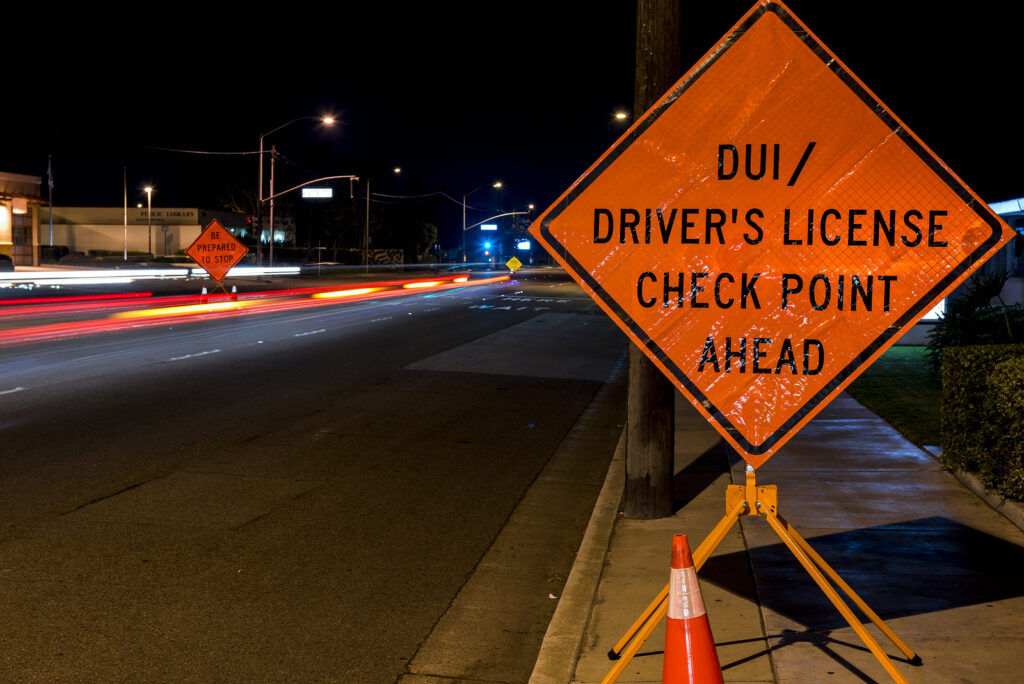
The Psychology of a Roadside DUI Stop: Signs the Cops Use to Tell You’re Lying
Authorities at all levels receive training on interviewing suspects – even those pulled over during DUI roadside stops. Gauging the truth by evaluating a driver’s mannerisms can separate the fakers from the innocent, if used properly in appropriate circumstances. Alternatively, a nervous motorist might display telltale signs of deception where none actually exist, which might prompt officers conducting the stop to become suspicious, and ask the driver out of the car. If they suspect the driver is under the influence of alcohol, questions may soon turn into field sobriety tests and a potential DUI charge. Knowing how to remain calm, and avoid the types of behavior that tip off a liar’s tendencies, might keep an innocent person from seeing the inside of a jail cell.

Changes in Speech Patterns
Liars typically avoid referencing themselves in the first person. The self-referent “I” is absent from their speech patterns. Police may interrogate a DUI suspect and monitor their use of the word “you” during responses, to determine if it’s likely the suspect is attempting to hide something about their alcohol consumption that evening.
If you’re telling the truth, confront questions head on and refer to yourself in the first person to avoid raising unnecessary suspicion. You haven’t been drinking. You know you’re telling the truth. You have no reason to be nervous. Our Pennsylvania DUI lawyers see this type of pullover situation all the time. We have developed strategies to overcome it should the authorities charge you.
Using Negative Terms When Answering Questions
Feeling bad about a DUI stop can turn up in your speech in the form of negative word choices. When questioning you as a suspect, authorities pay close to attention to how you answer – whether you use negation or remain positive. For example, if you’re attempting to deceive someone, you might say, “I’m not nervous” instead of saying, “I’m calm” because your mind is focused on the lie, which it perceives as breaking the rules or wrong in some way. Stay positive and affective in diction, and you may avoid unwanted attention from the cops.
Avoiding Eye Contact
It’s a classic, but it’s true – liars are more susceptible to avoiding eye contact with their accuser than those who tell the truth. There’s plenty of psychology and field research to support the hypothesis and make it fact. Do yourself a favor, and don’t give the authorities a reason to believe you’re telling less than the truth by avoiding looking them in the eyes. Face the questions straight on, and speak truthfully. Our DUI lawyers in Pennsylvania can take care of the rest when the truth doesn’t do enough to help you escape unjust charges.
Illegal Hands to the Face?
Just like in football, hands to the face may cause a steep penalty. Are you prepared to pay that price? If you’re being deceptive, it’s more probable that your hands will touch your face or mouth as a means of subconscious protection from your accuser. When you tell the truth, you have more of a tendency to place your hands on your abdomen, or over your heart.
Lack of Musical Qualities of your Voice
When you speak naturally, your voice has its own cadence or musical quality. Everyone has their own unique speech pattern, which creates a kind of flow in the way they inflect words and string sentences together. When you lie, that cadence can entirely disappear as you focus more on what you’re saying than how you’re saying it. The result is a wooden, often rambling style of speech that’s a dead giveaway to the cops that you’re telling outright falsehoods.
Don’t allow the police to confuse you, or make you admit to something you haven’t done. If you’re facing driving under the influence charges, you need experienced representation to protect your rights. Our attorneys have handled more than 5,000 DUI cases since our founding. We can help. Call today.





